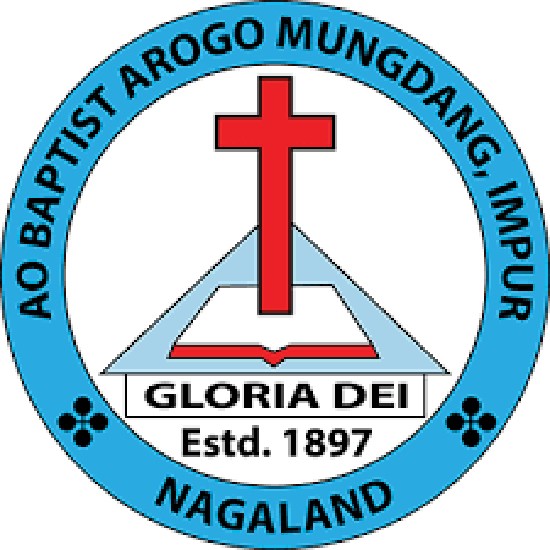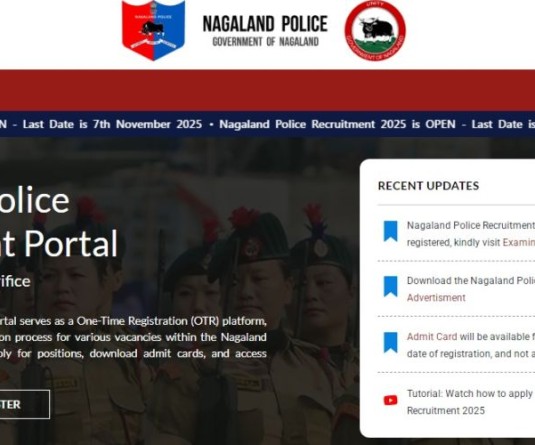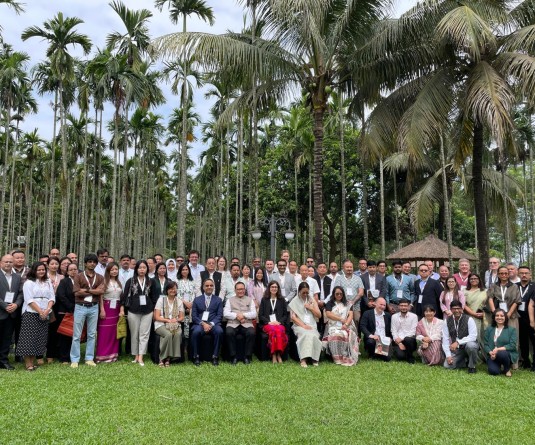
Impur, March 10 (MExN): The Ao Baptist Arogo Mungdang (ABAM), the apex body of Ao Baptist Churches, today conveyed “unyielding voice for the continuation and the strengthening of the Nagaland Liquor Total Prevention Act, 1989” and vehement opposition to its lifting.
The ABAM, along with NBCC and all stakeholders raise our unyielding voice for continuation and the strengthening of the Act and oppose its lifting, asserted a press statement from the ABAM Executive Secretary, Rev Dr Mar Pongener.
The ABAM further implied that while concerns shared by proponents for the government on the possible loss of revenue and destruction of consumer’s health due to inflow of spurious liquor in Nagaland are “remarkable,” it retorted that “alcohol in itself does not have a lot of positive qualities.”
There are no cases of health improving due to the consumption of alcohol, instead, it destroys health, the Association said.
Human relationships also bore the brunt of alcohol abuse in the family and the community, it pointed out.
“Neither the economy of the individual nor that of the family demonstrated growth due to the consumption of alcohol, rather, it depletes it,” the ABAM stated.
Accordingly, the Association said that the only groups that stand to benefit from alcohol are those who manufacture it, those who earn an income from it as tax revenue and those who sell it, it added.
It further maintained that the ratio of those benefiting “must probably on the lower spectrum,” while people continue to be at the losing end of alcohol.
Meanwhile, the ABAM further highlighted that the imposition of NLTP Act was a “people’s movement under the leadership of the church.”
The church saw the ill effects of alcohol in the society – the damages to lives and relationships, as well as snuffing of individual and communities’ dreams, it said.
It further stated that many “Nagas are far from being responsible consumers of alcohol’, adding: “Just ask non-Nagas about our behaviour around the use of alcohol and they will, in a heartbeat, call many of us reckless.”
Accordingly, the church took upon itself as a moral responsibility to safeguard a promising nation and raise the level of self-respect of a people in crisis, it argued.
“The tears of Naga mothers and the prayers of church leaders were collective a cry for the restoration and redemption of a people,” it added.
Moreover, it further pointed out that just because it (prohibition) did not work for Americans or other western countries, it would not work elsewhere.
“The morality of western nations must not be used as an ideal yardstick for Nagas. If a house is dirty and filled with cobwebs, you don’t burn it. Rather, you clean it. So also must the NLTP Act, 1989,” it asserted.
The ABAM also admitted that there are loopholes in the Act that need to be addressed immediately but the government must not look at the Act half-hearted.
“We admit, we need to do more especially for those affected by alcoholism and their families,” it said.
However, the ABAM stressed that NLTP Act was a ‘spiritual bridle’ safeguarding the Nagas against the ill effects of alcohol and the church and all its partners certainly “need to do more in its advocacy and care programmes,” it said.
To that end, ABAM affirmed its commitment to ensure that greater and more comprehensive dissemination of advocacy messages as well as providing adequate and appropriate services, along with pastoral care.
“Towards all of these strategies, we are firm in our commitment and remain resolute in our call for the building of lives,” it added.






